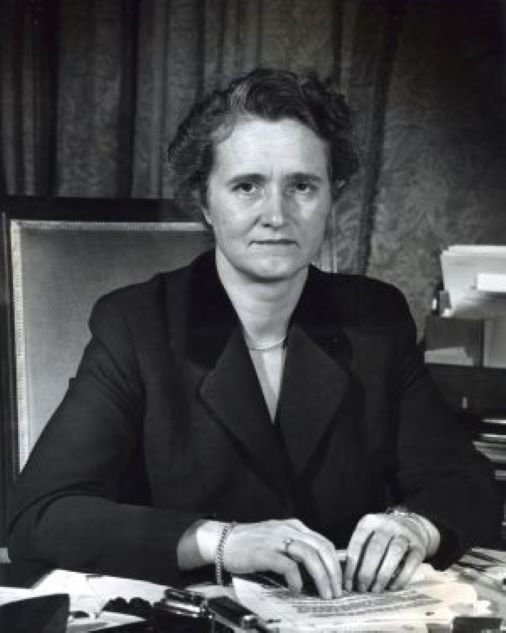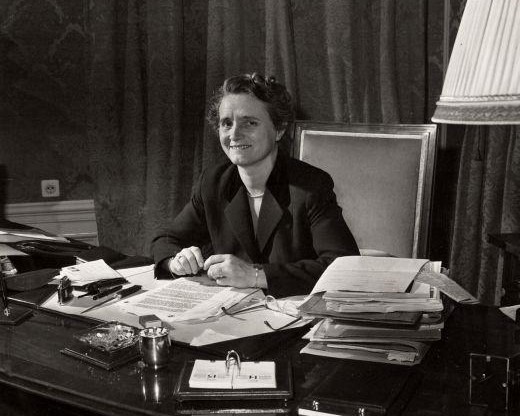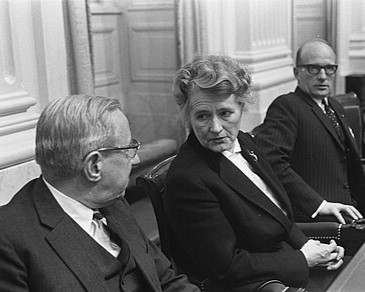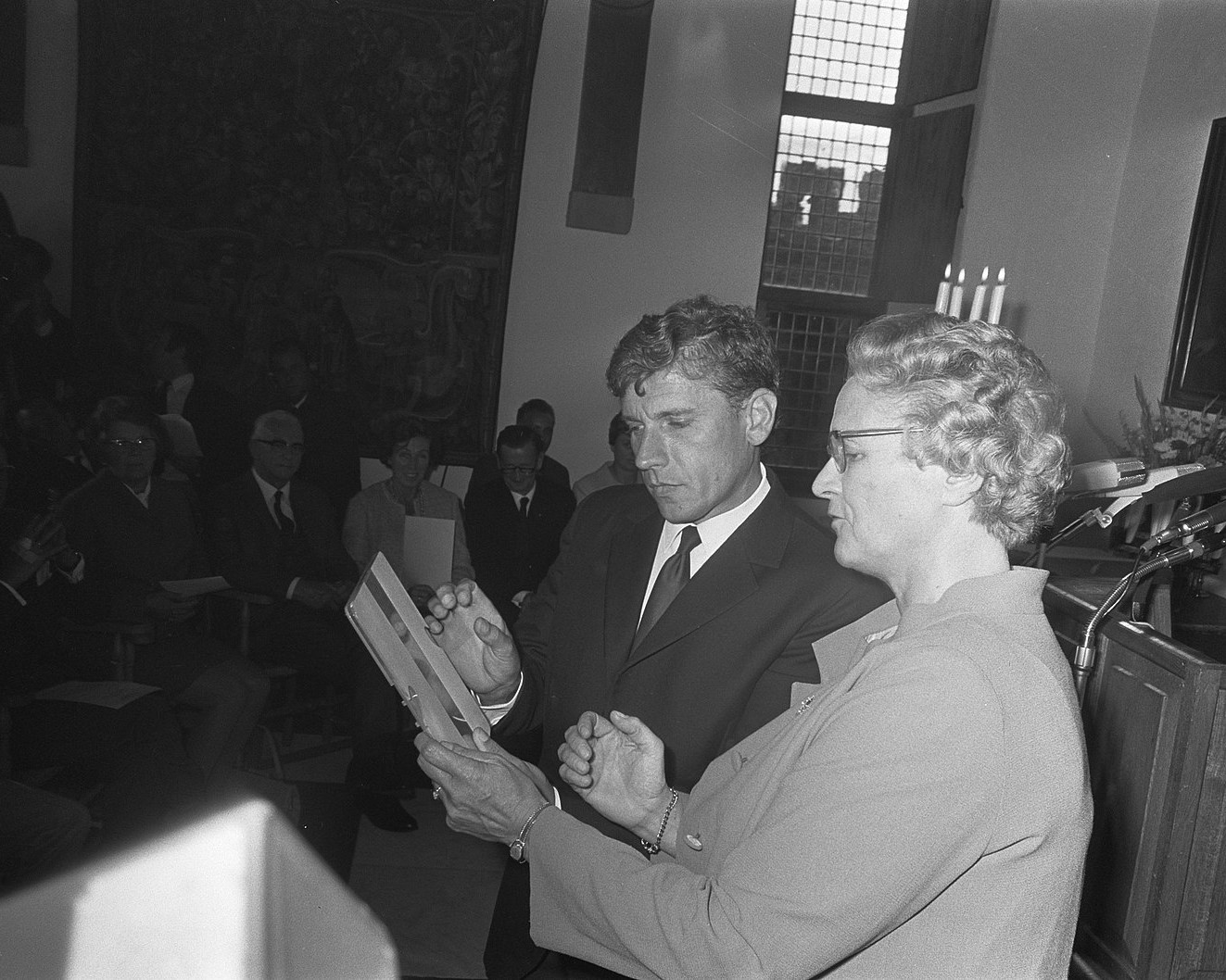Full name:
Margaretha Albertina Maria "Marga" Klompé

"Scientist, politician and champion of the underprivileged"
Margaretha Albertina Maria "Marga" Klompé
16 August 1912, Arnhem, Netherlands
28 October 1986 (aged 74), The Hague, Netherlands
- Marga Klompé

Klompé in her office

(left to right) Deputy Prime Minister Jan de Quay, Minister Klompé and the Director of the Social Service Jan Verhoeven

Klompé presents the State Prize for Literature, the P.C. Hooft Prize, 1968